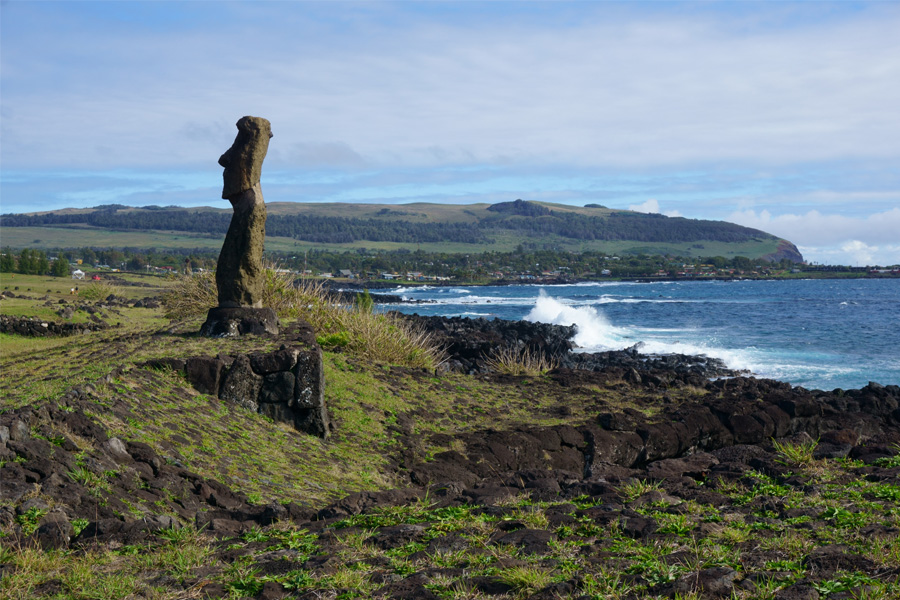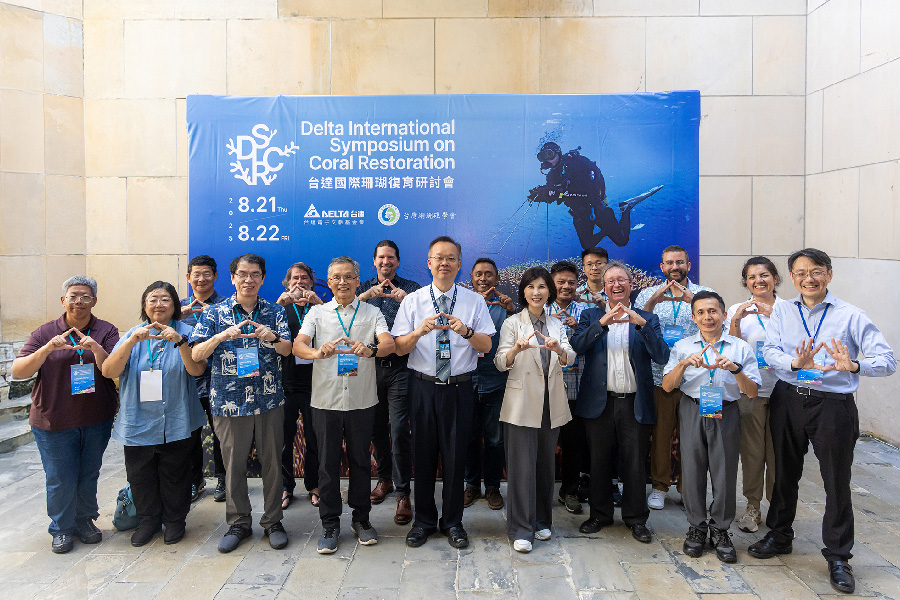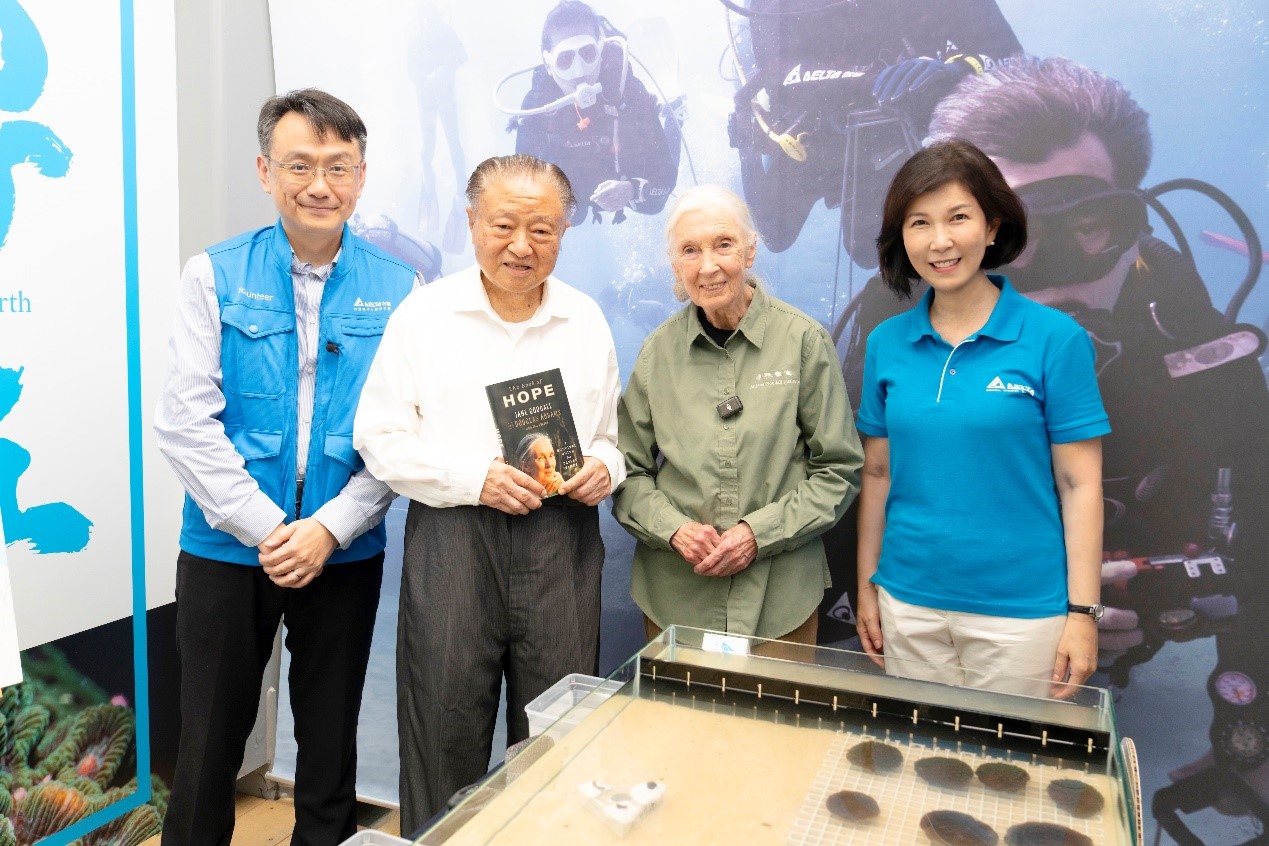Following the creation of Taiwan's first electric vehicle (EV) lessons for elementary schools in 2018, Delta Electronics Foundation (DEF) continues to develop a variety of electromagnetism-related teaching aids each year, with the intention of guiding children to understand the mysteries of EVs. Amid worsening air pollution, this year's lesson plan delved into the interaction between climate change and air pollution, along with the essential role played by everyday transportation. To develop teaching aids that local communities can better relate to, DEF planned a training course for volunteers from Taipei, Taoyuan, Chungli, Hsinchu, and Taichung plants to create the first air pollution map for schools in Taiwan using the idle speed of vehicles and changes in air quality during peak traffic hours around schools as teaching content, so that Delta's energy education can become the frontline in the effort to protect air quality in schools.
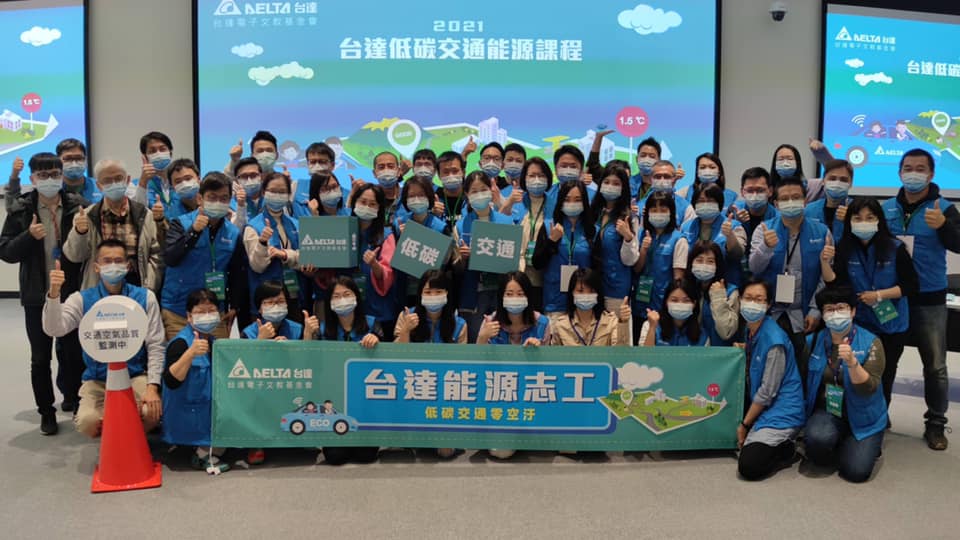
To understand the trends of EVs, a visit to Delta's 50th anniversary special exhibition and EV showroom at Chungli Plant 5 was arranged on the first day of the course. During the visit, personnel from various business units explained the trends of EVs and related components, enabling the participants to experience the rapid advancement of technology. The most popular part is the impact of human behavior on the environment through the exploration of climate change and energy experiments based on scientific experiments. To present the connection between climate change and air pollution, this year's course featured the data of global air quality change in this century provided by NASA as teaching materials and used practical examples to explore how high carbon emissions arising from human behavior have exacerbated the haze phenomenon and heat island effect in major cities worldwide, with the inversion layer playing a key role in the process. In order to introduce the principles of air convection in classroom and how it can be disrupted by the inverse temperature layer, the volunteers learnt to create a magical effect by using hot and cold water convection to create color variation brought by water flow at different temperatures.
Combining DEF's latest research outcomes, Taiwan's first street pollution map, which was presented by DEF at the United Nations, and the mobile pollution source monitoring network, which was launched in collaboration with Taiwanese start-up Zero-Emission Venture (ZEV), were also included in the second day of the course, with a view to converting real-time data from PM2.5 (particulate matter) and carbon monoxide sensors into a visual map of air pollution on urban streets. During the course, ZEV founder Mr. Jerry Wang was invited to share the original intention of the collaboration project and his thoughts on the project. He revealed that in the past, airboxes were unable to reflect the current state of air quality in schools as they were installed on green spaces in schools; placing monitors directly at the entrances of schools enables air pollution to be detected. Mr. Wang also hoped that the volunteers can bring the project to more schools and thus create more actionable changes.
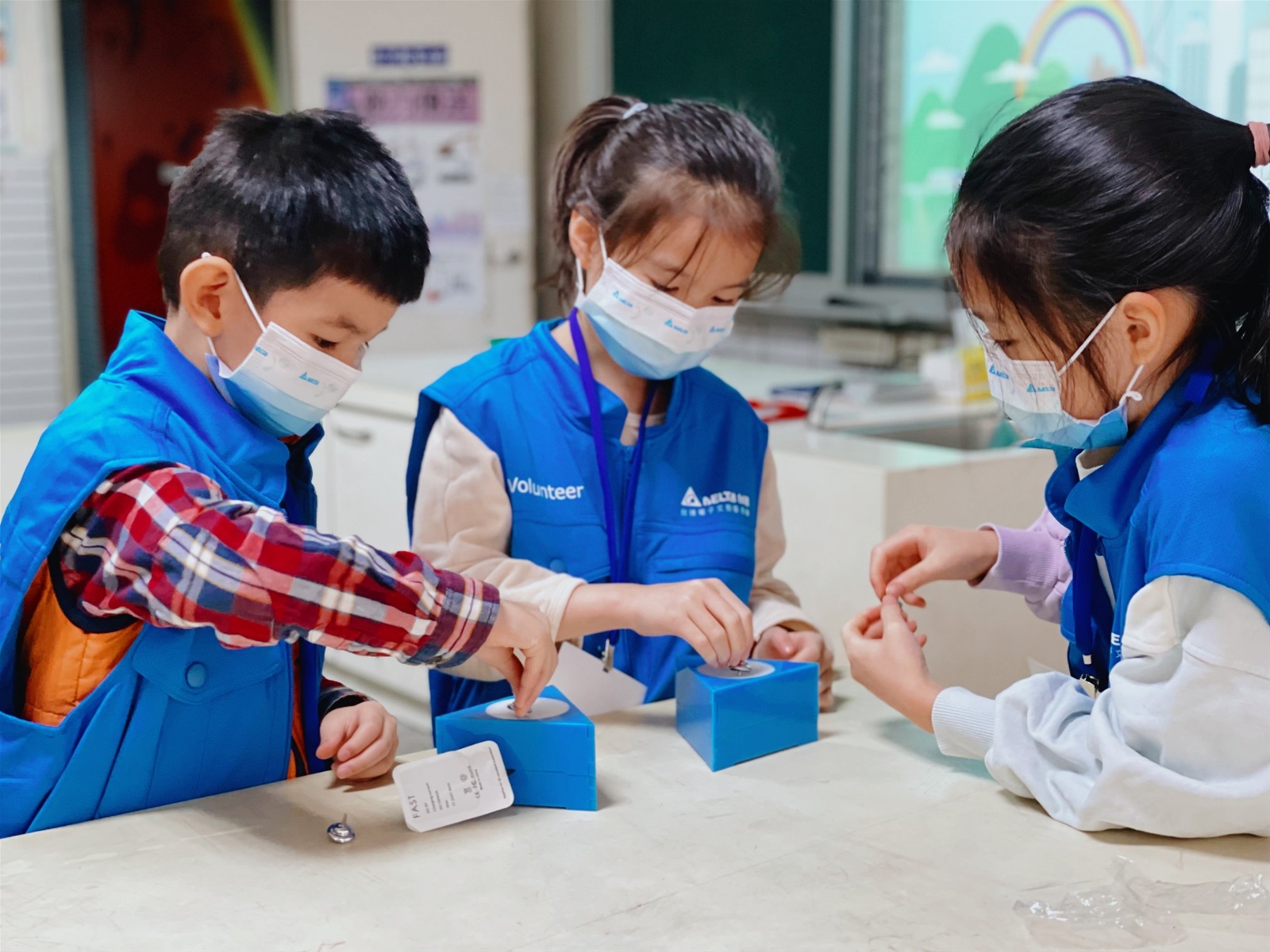
Delta volunteers participated in the training course with their family members and children, growing seeds in the process
At the end of the course, Delta volunteers did their best to present the professional knowledge of air pollution and experiment principles they had learned intensively. During the service experience exchange session, senior volunteer Mr. Shung-Mu Pai personally shared his experience of teaching low-carbon transportation and air pollution at the elementary school located in front of Taichung Power Plant. He also encouraged everyone to be prepared to bring the latest low-carbon transportation course to schools located near the plants they serve, in hopes of returning clean air to schools together with the children as soon as possible.












